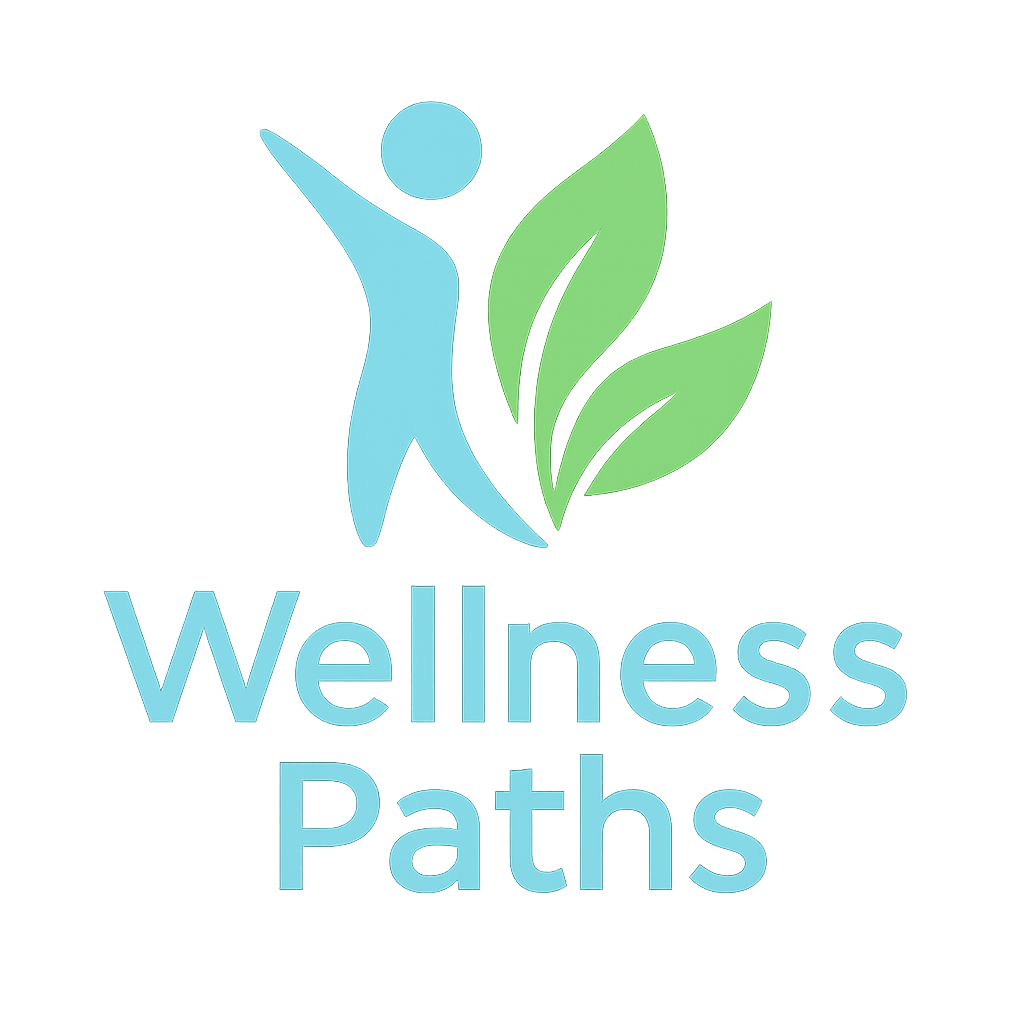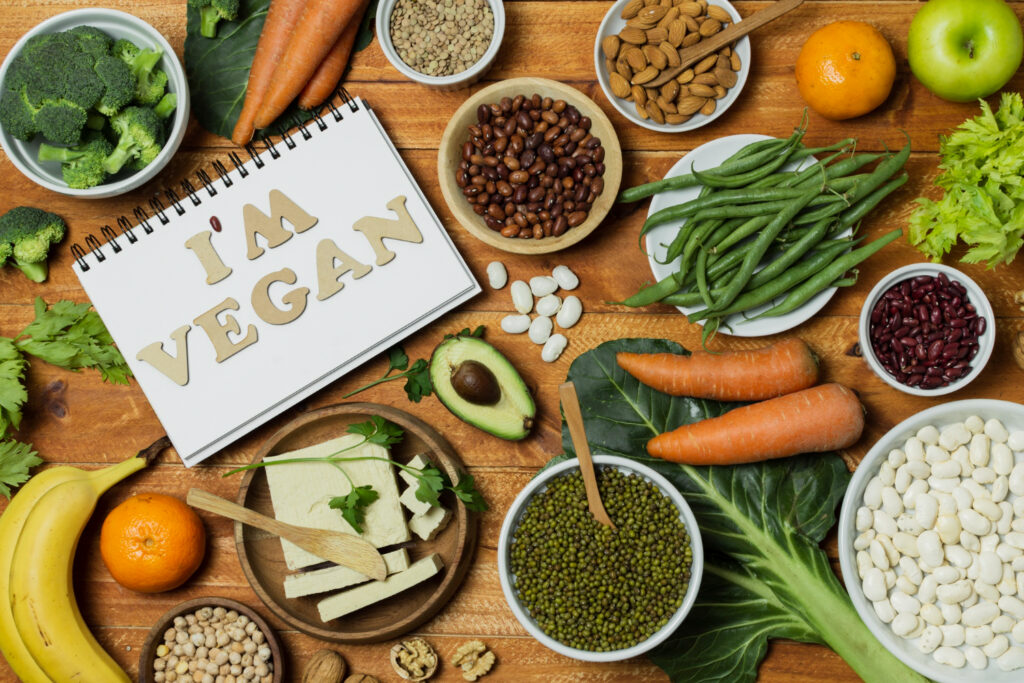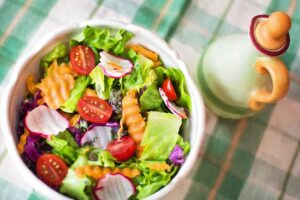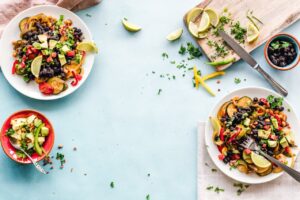Vegan Nutrition is becoming more popular as people around the world choose a vegan lifestyle. Many do it out of kindness to animals, concern for the environment, or a desire to improve their health. Being vegan means eating only foods from plants. It means avoiding all animal products such as meat, dairy, eggs, and honey. For many, veganism is more than a diet — it’s a lifestyle full of compassion, curiosity, and health.
If you are thinking about becoming vegan or have recently started, this guide will help you understand how to nourish your body well, stay energized, and enjoy delicious meals while following a 100% plant-based diet.
Understanding Vegan Nutrition
Vegan nutrition is all about getting the nutrients your body needs exclusively from plants. This means focusing on a wide variety of fruits, vegetables, grains, legumes (such as beans and lentils), nuts, seeds, and plant-based alternatives like tofu, tempeh, seitan, and plant milks including almond, oat, or soy milk. The secret to a healthy vegan diet lies in variety and balance. Eating different kinds of whole foods helps ensure your body receives all the vitamins, minerals, and macronutrients it needs to function optimally.
Switching to a vegan diet requires paying attention to a few important nutrients that are commonly found in animal products. This doesn’t mean it’s difficult or complicated — with a little knowledge, you can easily cover your nutritional needs.
Key Nutrients to Focus On
Protein often comes to mind first when people think about nutrition, and it’s important for building and repairing muscles, as well as keeping you full throughout the day. Contrary to popular belief, vegans can get plenty of protein from plant sources like lentils, chickpeas, tofu, quinoa, nuts, and seeds. By eating a range of these foods throughout the day, your body can obtain all the essential amino acids it needs.
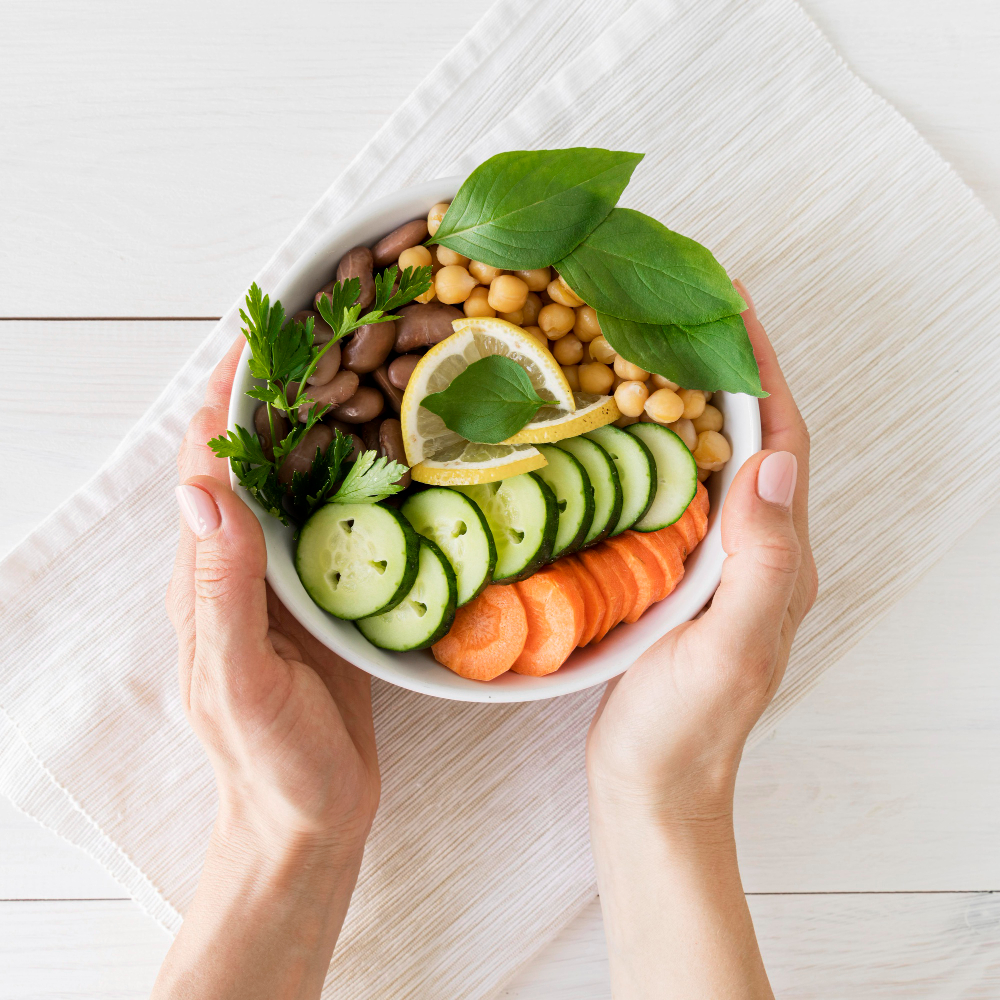
Vitamin B12 is a vital nutrient that supports energy levels and brain health. Unfortunately, it’s naturally found only in animal products, so vegans need to get it through fortified foods such as plant milks and breakfast cereals, or through supplements. Taking a B12 supplement is a simple and effective way to avoid deficiencies.
Iron is essential for carrying oxygen through your blood. Plant sources include spinach, lentils, tofu, pumpkin seeds, and quinoa. The iron in plants is absorbed less efficiently than iron from meat, but eating foods rich in vitamin C — like oranges, strawberries, or bell peppers — alongside iron-rich meals can significantly boost absorption.
Calcium, which helps keep your bones and teeth strong, is available in fortified plant milks and juices, leafy greens such as kale and broccoli, almonds, and tofu. Regularly including these foods in your diet can meet your daily calcium needs.
Omega-3 fatty acids are important for brain function and heart health. Vegans can find these healthy fats in chia seeds, flaxseeds, walnuts, and algae-based supplements. Adding chia or flaxseeds to oatmeal or smoothies is an easy way to increase your omega-3 intake.
Vitamin D supports calcium absorption and immune function. It can be found in fortified plant milks and is also produced when your skin is exposed to sunlight. In places with less sun exposure, taking a vegan vitamin D supplement may be necessary.
Making Vegan Nutrition Meals Enjoyable and Simple
Eating vegan doesn’t have to be complicated or boring. In fact, many people find that exploring plant-based cooking opens up new flavors and exciting foods. A typical breakfast might be a warm bowl of oatmeal cooked with almond milk, topped with fresh berries, sliced bananas, and chia seeds — a filling and nutritious start to the day.
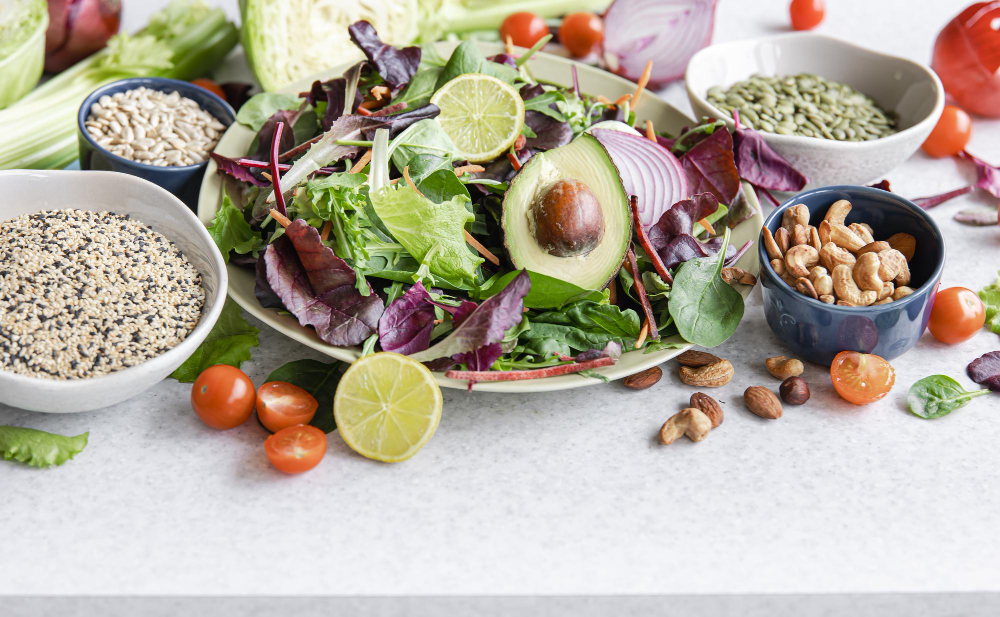
For lunch, a vibrant quinoa salad tossed with black beans, corn, avocado, and a splash of lime juice offers a tasty and colorful meal full of protein and healthy fats. When you’re hungry for a snack, creamy hummus paired with crunchy carrot and cucumber sticks provides both satisfaction and nutrients.
Dinner can be as simple as a stir-fry with tofu, broccoli, bell peppers, and brown rice, seasoned with garlic and ginger for extra flavor. For dessert, a smoothie bowl made with frozen bananas, spinach, and plant-based yogurt, topped with fresh fruit and granola, can be a sweet and refreshing treat without added sugar.
Transitioning to Veganism: Tips for Success
Changing to a vegan diet is a journey that needs patience and curiosity. Trying new foods like nutritional yeast, tempeh, or seitan adds exciting flavors and textures. This keeps meals fresh and fun. Planning meals ahead helps you get a good nutrient balance each day.
Taking supplements like vitamin B12 is important to stay healthy. Vitamin D supplements may also be needed depending on where you live and sun exposure. Listen to your body. If you feel tired or low on energy, you might need to adjust your diet or eat more calories.
Joining vegan communities, whether online or in person, can provide support, recipe ideas, and motivation, making your journey more enjoyable and sustainable.

Clearing Up Common Misconceptions
Many myths surround vegan diets. One is that vegans don’t get enough protein. Actually, plant foods like beans, lentils, nuts, and seeds provide all the protein you need. Another myth says vegan food is boring. But vegan cooking is diverse and creative. It draws from cultures worldwide.
Concerns about calcium and iron can be managed by eating fortified foods and pairing meals to improve absorption. Some believe vegan diets aren’t healthy. But research shows well-planned vegan diets reduce risks of diseases like heart disease, diabetes, and some cancers.
Why Vegan Nutrition Is Good for You and the Planet
Choosing vegan nutrition is more than a personal health choice. It also supports animal welfare and protects the environment. Plant-based diets use fewer natural resources, produce less greenhouse gases, and require less water than diets high in animal products. Many vegans feel more energetic, have better digestion, and improved well-being.
Eating vegan can be a delicious adventure. It lets you try new foods and cooking styles you may not have tried before. It’s a chance to reconnect with nature’s wide variety of plants.
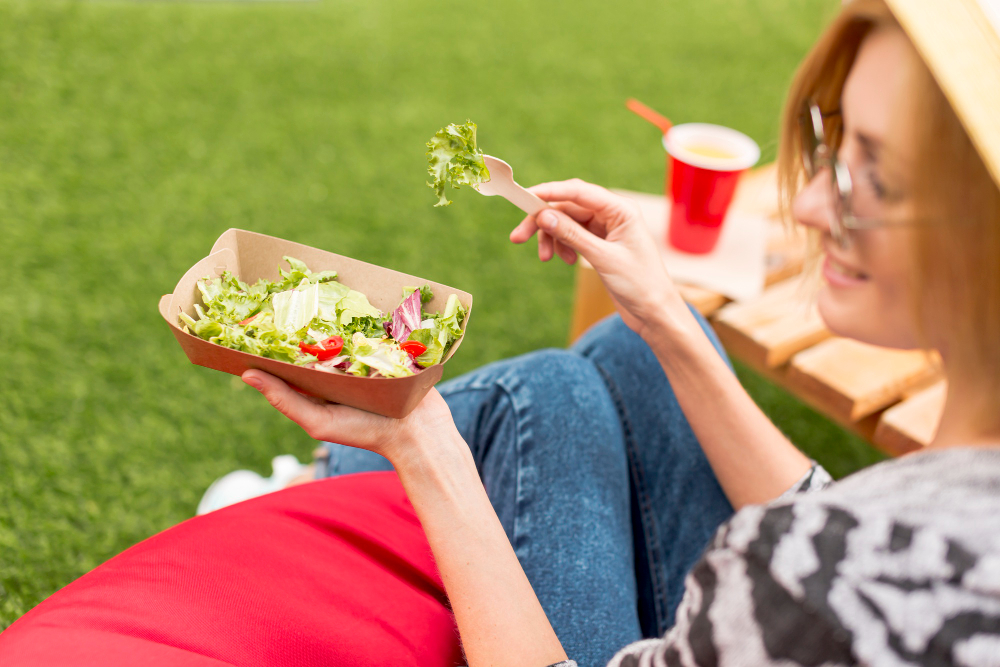
Final Thoughts
Vegan nutrition is about nourishing your body with wholesome plants while respecting animals and the planet. With variety, some planning, and creativity, you can enjoy a healthy, satisfying, and flavorful vegan lifestyle.
I’d love to hear your thoughts! Have you tried eating vegan, or are you curious to start? Share your experiences, questions, or favorite recipes in the comments below — let’s support each other on this exciting journey.
Sources
Harvard Health Publishing – Explains that well-planned vegan diets provide all essential nutrients, support heart health, and reduce the risk of chronic diseases.
https://www.health.harvard.edu/heart-health/more-evidence-that-plant-based-diets-might-ward-off-heart-problems
Nature Communications – Presents research showing that vegan diets reduce greenhouse gas emissions by up to 52%, significantly lower water and land use compared to diets including animal products, highlighting their environmental benefits.
https://www.nature.com/articles/s41467-024-45328-6
Eating Well – Reports that plant-based proteins such as legumes, tofu, nuts, and seeds supply complete amino acids, promote reduced inflammation, and have a smaller ecological footprint than animal proteins, also offering an affordable and tasty option.
https://www.eatingwell.com/plant-based-protein-benefits-11712145
